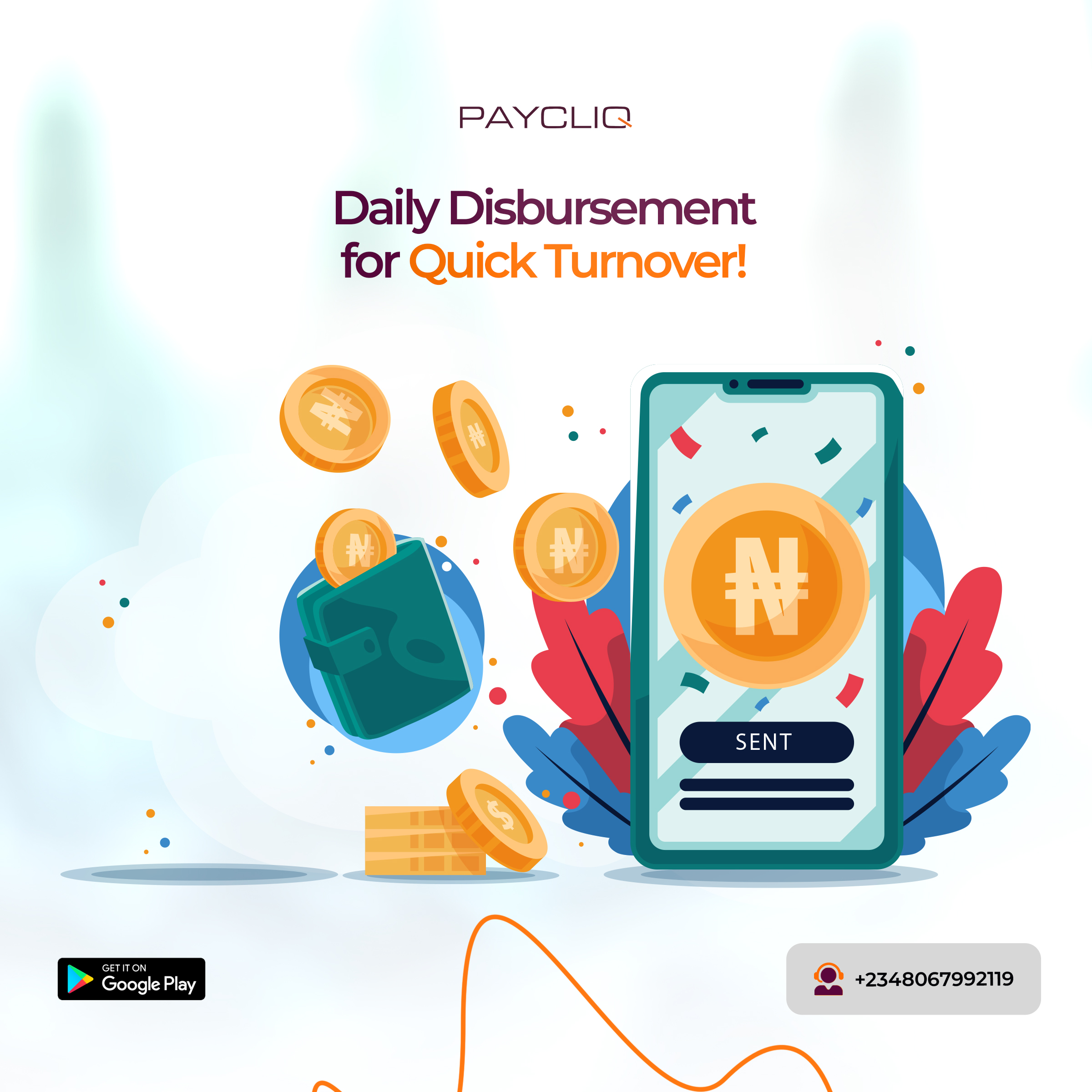Compare your shopping experiences before the advent of mobile payment with those now. A lot has changed, wouldn’t you agree? Before, customers would have a hard time once they had no cash to pay for goods bought or their credit cards declined. The absence of mobile payment means slow business and low profit for businesses.
However, things started to take a new turn for the retail business shortly after the COVID-19 pandemic. The retail business moved from being only physical to virtual. Customers realised the convenience of buying online and making payments for things from wherever they are with mobile payments using their smartphones, which has significantly contributed to the growth of retail business in the Country.
This post will examine mobile payment, its emergence, and its benefits so that you can leverage it for your retail business.
What is Mobile Payment?
After shopping at a retail store for personal or household use, you would have to pay for the goods/services you purchased. To do this, you will have to transfer funds to the retailer. Usually, people pay with cash or swipe their cards, but now, people can pay using different payment tools such as;
- MTN, GLO, Airtel and other internet providers provide mobile money services. Using the USSD code, you can quickly pay your bills, buy airtime and transfer money.
- In addition to mobile money services, you can use the bank apps on your smartphones to do various financial transactions seamlessly.
- Fintech apps such as PayCliq and Kashzoo, among others, also help you pay for goods and services.
Benefits of adopting Mobile Payment
There are numerous benefits of mobile payments, some of which include;
- Customers’ Convenience and Satisfaction: mobile payments have no time and place constraints. People can purchase and pay for goods through any of the numerous mobile payment methods using their smartphones or other tools at any time of the day and from wherever. Being able to do this gives customers some sense of satisfaction.
- Pace and Efficiency: These days, mobile payments have helped reduce long store queues because they are fast to process. This reduces the workload on store attendants, thereby leading to workers’ efficiency and customer satisfaction.
- Cost Reduction: Mobile payment is cost-effective for the retailer and the customer. Retailers can spend less money acquiring POS machines before receiving payments.
- Security: Measures such as biometric identification, tokenization, encryption, and transaction alerts protect the seller and buyer against fraud. Also, since the buyer and seller do not handle cash, they are not exposed to robbery attacks.
- Improved Loyalty Programmes: When customers use mobile payment apps, their data is stored. Retailers use this information to give incentives, such as discounts on the next purchase or coupons, to reward loyal customers.
- Data Analytics and Awareness: The information generated by mobile payments on customers is analysed to determine their preferences, spending habits, location, and frequency of purchases. Retailers can use the data to tailor their marketing strategies and optimize their goods or services to meet customers’ needs better.
- Streamline Accounting: In addition to generating customer data, a business tool like PayCliq Mart and PayCliq Pro help collect and keep records such as inventory, sales, and payments for your business.
- Encourages Contactless Transactions: With the rise of contactless payment technologies such as NFC (Near Field Communication) and QR codes, mobile payments offer a hygienic and convenient way to make transactions, especially when physical contact is discouraged, such as during the COVID-19 pandemic.
Risks and Mitigation
As with everything technological, mobile payment apps are susceptible to cyber attacks such as phishing, data theft, and asset theft. However, this should not discourage the use of mobile payments, as the following measures have been implemented to counter such attacks: data encryption, two-factor authentication, biometric authentication, and tokenization.
Our Take
Mobile payment is a transformative force in the retail business. It offers varied benefits for both buyers and sellers. For customers, purchasing goods and services from anywhere with just a click on their smartphones enhances convenience, gives them satisfaction and encourages loyalty. Meanwhile, retailers benefit from streamlined operations, speed, reduced cost and efficiency, and access to valuable data to help their business grow.
More than adopting mobile payment is required as the retail business continues to evolve. Being strategic is vital to meeting the never-ending changes consumers look forward to seeing. Why not unlock the endless possibilities for innovation, growth and customer loyalty by harnessing the potential of mobile payments today



What do you think?
It is nice to know your opinion. Leave a comment.